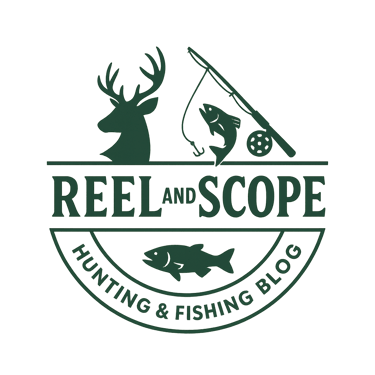Best waders
Blog post description.
4/7/20253 min read
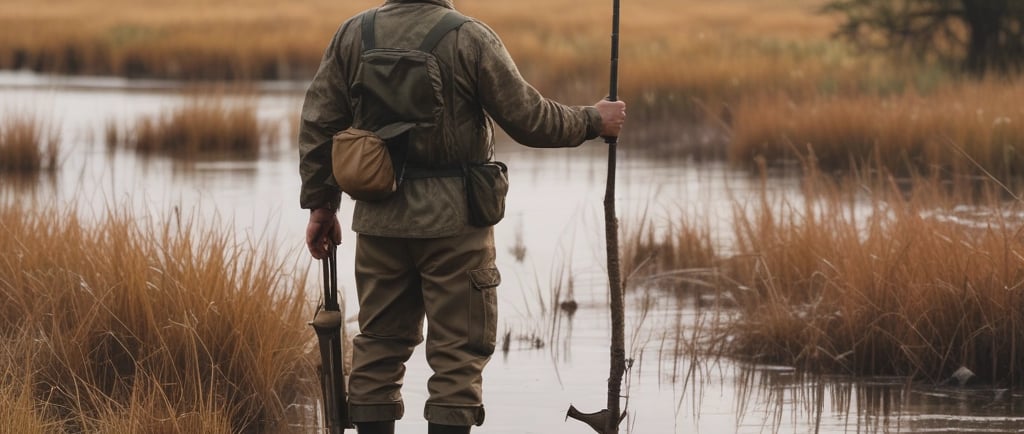

Best Fishing and Hunting Waders: Stay Dry and Comfortable on Your Next Adventure
Imagine standing in a cold river. You're waiting for a fish to bite, but you're freezing! The icy water is soaking your boots. Waders can fix this.
Waders are waterproof clothing. They keep you dry when you're in the water. Choosing the right waders matters a lot. Different waders work better for fishing or hunting. They also depend on where you are. There are several types of waders available.
This guide will show you how to pick the best waders. We'll look at materials, features, fit, and price. That way, you'll be comfy and ready for anything.
Understanding Wader Types and Materials
There are basic types of waders. Let's see what they are.
Bootfoot Waders
Bootfoot waders have boots attached. They are one piece. Are they the right choice for you?
All in one construction.
They are easy to put on. They keep you warm in cold water.
The fit might not be perfect. They can feel bulky.
Best for: Cold weather fishing or duck hunting.
Stockingfoot Waders
Stockingfoot waders need separate boots. You wear wading boots over them.
boots separate from wader pants.
The fit is better. You get more ankle support.
Boots cost extra. You have more gear to carry.
Best for: Fly fishing or hiking to fishing spots.
Wader Materials: Neoprene vs. Breathable
What are waders made of? Neoprene and breathable fabrics are common. Each material has good and bad things about them.
Neoprene Waders:
Neoprene keeps you warm. It comes in different thicknesses.
It is tough and waterproof.
Great for: Cold water and still hunting.
Breathable Waders:
These waders have layers. They let sweat escape.
They are comfy when it's warm or you're moving a lot.
Great for: Fly fishing, active hunting, or warm weather.
Key Features to Consider
Some features make waders better. These features can help the performance of the waders.
Seam Construction and Durability
Strong seams are important. They keep water out.
Durable seams last longer. Look for taped or reinforced seams.
Flatlock and welded seams are strong.
Inspect seams before you buy waders.
Fit and Mobility
Waders should fit well. You need to move easily.
Not too tight or too loose is ideal.
Articulated knees help you move. Gusseted crotches do the same.
Try waders on with clothes you'd wear under them.
Pockets and Storage
Pockets are handy. They hold your gear.
Chest, handwarmer, and inside pockets are useful.
Waterproof pockets protect electronics.
Fishermen need fly box storage. Hunters need shell storage.
Wader Care and Maintenance
Waders cost money. You'll want them to last as long as possible.
Cleaning and Drying
Wash and dry waders the right way. You can damage the waders if you are not careful.
Use mild soap and water to clean waders.
Dry them inside and out.
Hang waders upside down to dry.
Storage
Store waders carefully. This keeps them in good shape.
Hang or fold waders to store them.
Use wader bags for protection.
Store waders in a cool, dry place.
Repairing Leaks
Leaks happen. You can fix them.
Find leaks with a water test. Or, use alcohol spray.
Use Aquaseal or wader repair kits to patch holes.
Carry a repair kit with you.
Top Wader Recommendations by Activity
Here are some wader ideas. These depend on what you're doing and how much you want to spend.
Best Fishing Waders
Breathable waders for fly fishing in warmer climates.
Neoprene waders for cold water fishing.
Best Hunting Waders
Insulated bootfoot waders for waterfowl hunting.
Tough waders for upland hunting.
Conclusion
Choosing waders can be confusing. Think about what you'll be doing. Pick waders that fit the activity.
Explore our products
Provide a short description of categories listed below.
Best affordable Bootfoot Waders
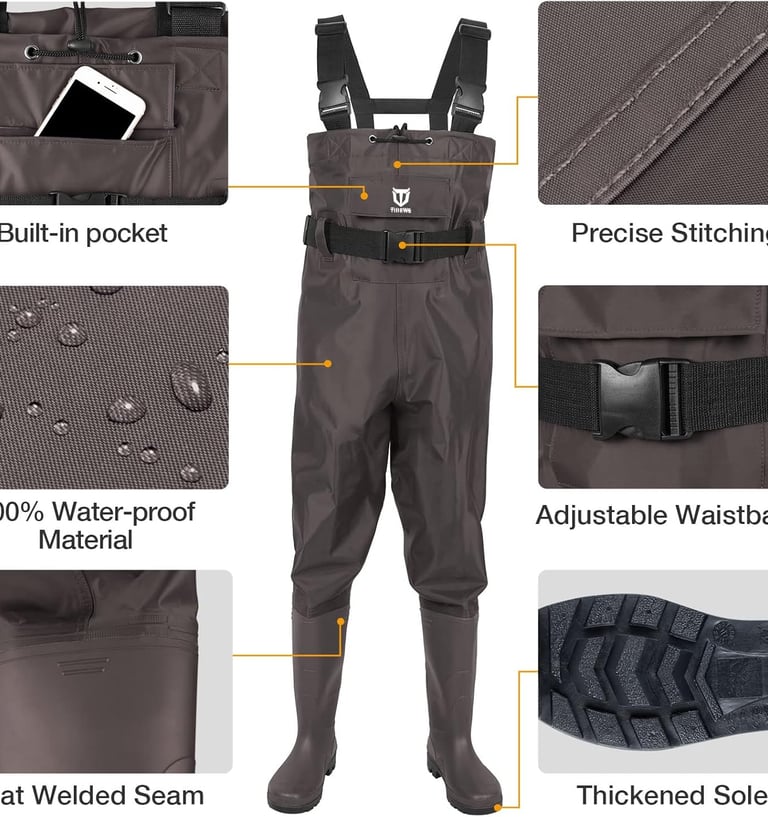

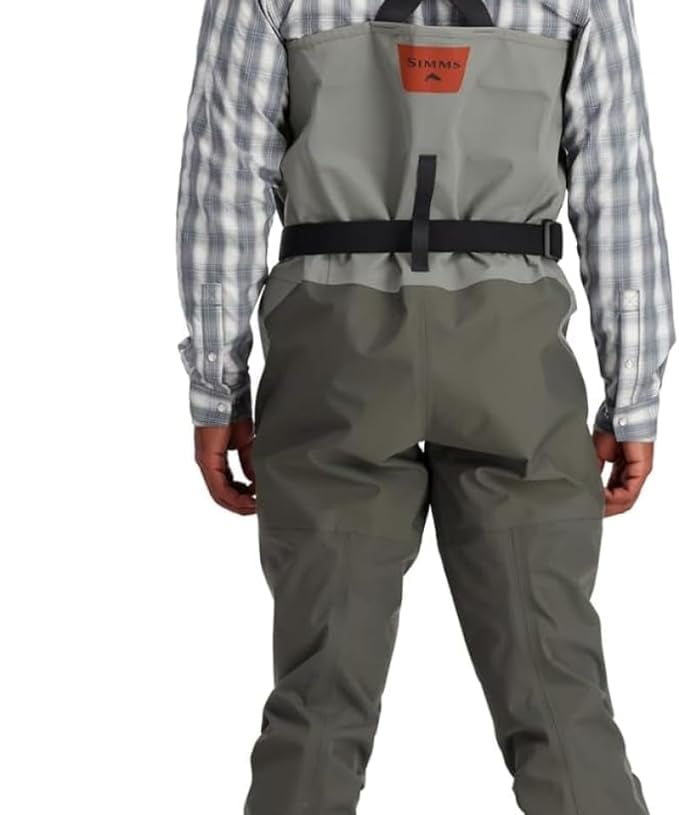

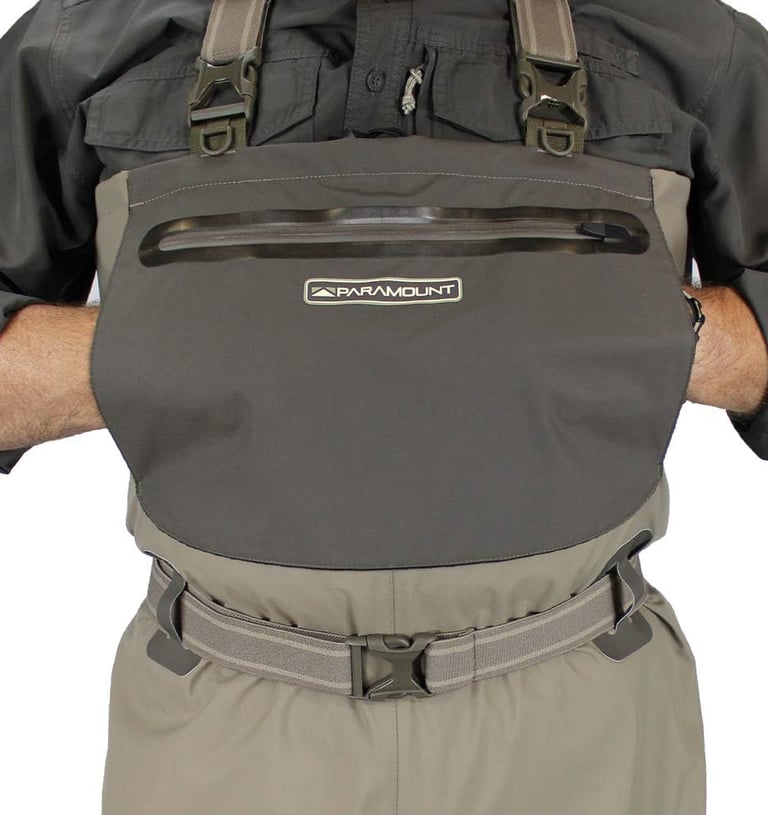

On a Budget
Best Overall
More expensive but worth every penny
Best compromise
Right compromise between price and value
